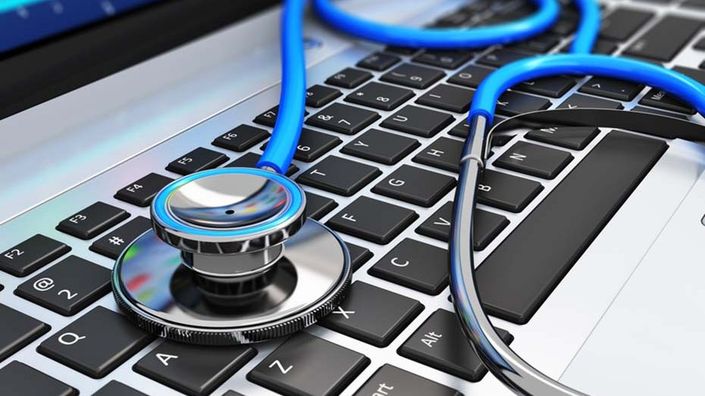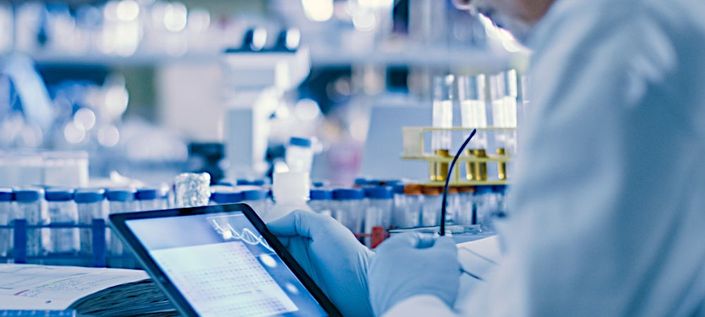Overview
This expert-led 3-hour webinar provides a comprehensive introduction to the key regulatory pathways for medical device submissions in the US market.
The regulation and control of new or substantially changed medical devices for sale in the US is based on the 510(k), PMA or DeNovo submission process.
This webinar will discuss current US Federal law on the 510(k), IDE, DeNovo, and PMA and associated requirements for getting a new or substantially changed medical device through the US FDA review process and to market in the USA. US law and the FDA require that a device be the subject of an approved marketing application before it is transported or distributed across state lines. Because a sponsor will probably want to ship an investigational device to clinical investigators in many states, it must seek an exemption from that legal requirement. The IDE is the means through which the sponsor technically obtains this exemption from the FDA. The 510(k) program has recently been "modified" to encourage new technology and/or safer products to be submitted under the less severe 510(k) process to advance the state of the art, rather than the longer, more involved and more expensive PMA route when safety and efficacy issues remain substantially the same.
Why Should You Attend
For decades, the regulation and control of new or substantially changed medical devices for sale in the United States (no matter where manufactured has been based on the 510(k), PMA or DeNovo submission and FDA review process. A 510(k) clearance for Class II devices or a Pre Market Approval for Class III devices is required prior to commercialization. IDEs are for investigational devices prior to submission. And DeNovo is for less risky Class III devices that could possibly be Class II. These submissions allow the FDA to review products as to substantial equivalence to existing products on the market (510(k)), or of a higher risk requiring clinicals (PMA). The 510(k) process has had some recent modification to allow for newer technology (Breakthrough) or increased safety (STeP). And new Machine Learning and Artificial Intelligence features add additional complexity to the process. The data gathered during any human clinical trials of a device under an Investigational Device Exemption (IDE) becomes part of some submissions, primarily the PMA.
Webinar Agenda – Understanding Medical Device Regulatory Pathways: 510(k), PMA & Exemptions
-
Introduction to Device Submissions and the US FDA
Overview of the FDA’s role in medical device regulation and the different submission pathways. -
The 510(k) Process
Step-by-step explanation of the 510(k) premarket notification process, key requirements, and best practices. -
The IDE (Investigational Device Exemption) Process
Understanding when and how to submit an IDE to conduct clinical investigations in the US. -
The PMA (Premarket Approval) Process
In-depth look at the PMA process for high-risk devices, including data requirements and review steps. -
The De Novo Process
Exploring the pathway for novel low- to moderate-risk devices that lack a predicate. -
New 510(k) Mod Program and Q-Sub Process
Overview of the streamlined 510(k) modification program and the Q-Submission (Q-Sub) process for early FDA interactions. -
Machine Learning and Artificial Intelligence (AI) Issues – FDA Principles
Discussion on current FDA guidance related to AI/ML-based medical devices and regulatory considerations. -
Post-Market Requirements
Key post-market surveillance, reporting, and compliance requirements for medical devices after FDA clearance/approval.
Who Will Benefit from This Webinar
- Senior Management in Medical Devices and Combination Products
- Quality Assurance (QA) and Regulatory Affairs (RA) Professionals
- Medical Device Product Development Teams
- Research & Development (R&D) Specialists
- Engineering Teams
- Production and Manufacturing Personnel
- Operations Managers
- Marketing Professionals involved in Medical Devices
- Consultants and Others involved in:
- Drug product development
- Manufacturing processes
- Process, product, and data analysis
- Regulatory submission and compliance responsibilities
Frequently Asked Questions (FAQ)
Q1. Who should attend this webinar?
A1. This webinar is designed for Regulatory Affairs Specialists, Quality Assurance Professionals, Product Development Teams, Clinical Affairs Personnel, and Medical Device Manufacturers who need to understand or refresh their knowledge of FDA submission pathways.
Q2. What will I learn from this session?
A2. You will gain a practical understanding of the FDA’s device classification system, when to submit a 510(k) vs. a PMA, criteria for exemptions, and how to prepare compliant documentation that avoids costly delays.
Q3. Is prior regulatory experience required?
A3. No. The content is structured to benefit both beginners seeking foundational knowledge and experienced professionals looking for the latest FDA updates and best practices.
Q4. Will the webinar cover real-world examples?
A4. Yes. The instructor will discuss case studies and common review challenges, showing how companies successfully navigated different regulatory pathways.
Q5. Do participants receive a certificate?
A5. Yes. Attendees will receive a Certificate of Completion, which may be used to support compliance and professional development records.
⭐ Best Customer Reviews
“Excellent Overview of FDA Pathways”
The webinar explained 510(k), PMA, and exemptions in a very clear and structured way. It gave me the confidence to determine the right regulatory path for our new device.
— Regulatory Affairs Specialist
“Practical and Easy to Follow”
Even though regulatory topics can be complex, the trainer made it very easy to understand with real examples. I now know what to expect when preparing a 510(k) submission.
— QA/RA Manager, Medical Device Company
“Highly Valuable for Product Development Teams”
This session gave our team a better grasp of when to pursue PMA vs. 510(k). The discussion on exemptions was particularly useful for us in early-stage development.
— Product Development Lead
“Great Learning in Just 3 Hours”
The webinar was short but packed with insights. It’s perfect for professionals who want a strong foundation in U.S. device regulations without spending days in training.
— Clinical Affairs Associate

Faculty John E Lincoln
Principal, J E Lincoln and Associates
John E. Lincoln, is Principal of J. E. Lincoln and Associates LLC, a consulting company with over 41 years experience in U.S. FDA-regulated industries, 27 years as head of his own consulting company. John has worked with companies from start-up to Fortune 100, in the U.S., Mexico, Canada, France, Germany, Sweden, China and Taiwan. He specializes in quality assurance, regulatory affairs, QMS problem remediation and FDA responses, new / changed product 510(k)s, process / product / equipment including QMS and software validations, ISO 14971 product risk management files / reports, Design Control / Design History Files, Technical Files. He's held positions in Manufacturing Engineering, QA, QAE, Regulatory Affairs, to the level of Director and VP (R&D). In addition, John has prior experience in military, government, electronics, and aerospace. He has published numerous articles in peer reviewed journals, 5 chapters in the RAPS textbook on validation, conducted workshops and webinars worldwide on CGMP subjects. John is a graduate of UCLA.





